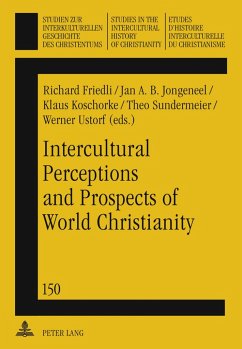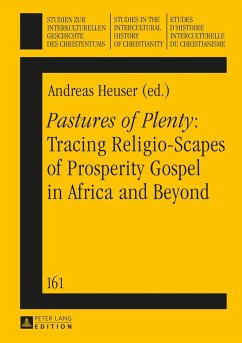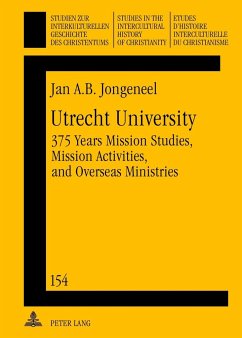
Ecumenism in Praxis
A Historical Critique of the Malankara Mar Thoma Syrian Church
Versandkostenfrei!
Versandfertig in 6-10 Tagen
87,15 €
inkl. MwSt.

PAYBACK Punkte
0 °P sammeln!
The Malankara Mar Thoma Church's ecumenical outlook - marked by twin facets of openness and autonomy - has been the underlying ethos guiding its history, helping it to establish a unique identity. The book retells the church's ecumenical history dating back to its founding in 52 CE. This study throws ample light on the period between the significant changes of 1889 and the present times. It deals with questions such as: How did the church start practising an ecumenical outlook even before the word ecumenism was coined? Could this have resulted from the church's interaction with Indian culture ...
The Malankara Mar Thoma Church's ecumenical outlook - marked by twin facets of openness and autonomy - has been the underlying ethos guiding its history, helping it to establish a unique identity. The book retells the church's ecumenical history dating back to its founding in 52 CE. This study throws ample light on the period between the significant changes of 1889 and the present times. It deals with questions such as: How did the church start practising an ecumenical outlook even before the word ecumenism was coined? Could this have resulted from the church's interaction with Indian culture that upholds unity in diversity?














